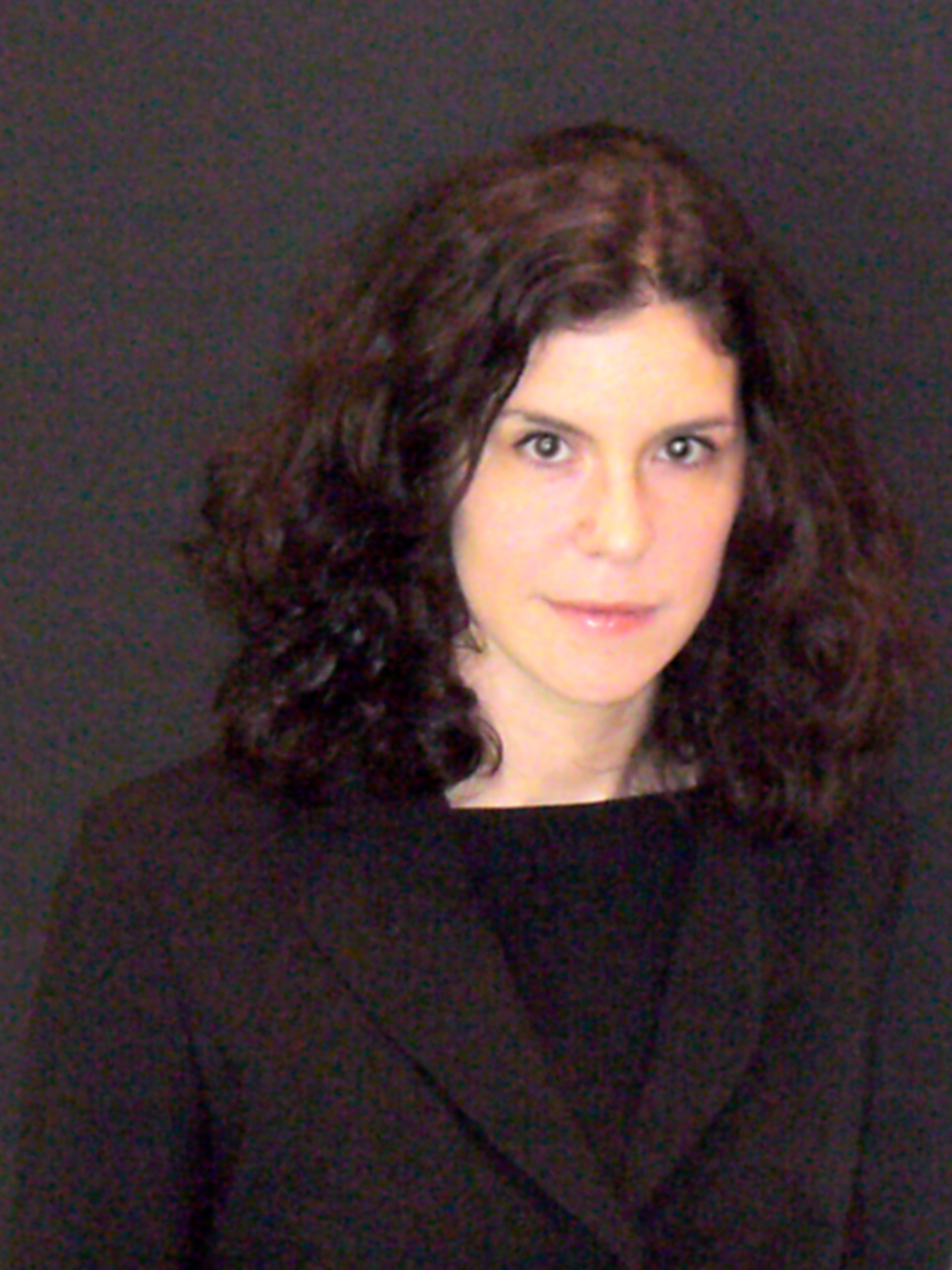The whole piece is worth reading, as it helps put discussions of economics and standard of living in a good historical context. But for this post, I wanted to quote from her discussion of how health care has become more "expensive":
In the 1950s, when the president of the United States had a heart attack, he got the absolute state of the art treatment from some of the top doctors in the country: blood thinners, painkillers, and bed rest.For more examples of progress that we don't always fully appreciate, read the full text of "It's Complicated. But Hopeful."
Today, he would have had an array of scans and blood tests to diagnose his problem, and then his physicians would have been able to choose from an array of treatments—stents, coronary bypass, balloon angioplasty—to prevent future heart attacks. And thanks to epidemiology, public health campaigns, and an array of smoking cessation aids, he probably wouldn’t have had a four-pack-a-day cigarette habit, either.
1950s health care isn’t expensive; this same regimen would be a bargain at today’s prices. What’s expensive is things that didn’t exist in 1950. You can say that “health care” has gotten more expensive—or you can say that the declining cost of other things has allowed us to pour a lot more resources into exciting new health products that give us both longer and healthier lives...

